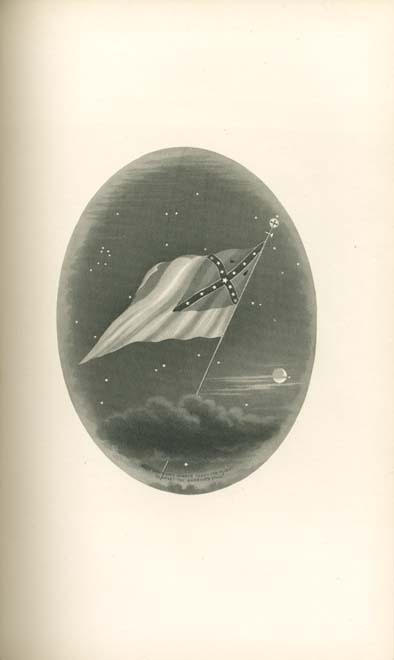
At the battle of Franklin, General John Bell Hood
told Cleburne to make a frontal attack on an entrenched position.
Cleburne tried to persuade Hood not to, but Hood disagreed.
Just before the attack General Daniel Govan told Cleburne, "General there will not be many of us going back to Arkansas after this battle."
Just before the attack General Daniel Govan told Cleburne, "General there will not be many of us going back to Arkansas after this battle."
Cleburne said, "Well, Govan, if we must die, let us die like men."
Cleburne's horse was shot from under him as he led the charge. As he put his foot in the stirrup to mount a second horse it was killed too. He charged on foot. He was killed by a bullet through the heart.
*****************************
“In the real world, this level of ineptitude and abuses of
fringe benefits would lead to certain dismissal. Yet in politics it is
to be lauded and praised.”
You are expected to wield enough influence over your unit that they are compelled to do the right thing, even when outside of visual contact. When that fails to happen, you, as the commander, end up paying the price for their failures. The cards you are dealt do not matter, only the way you play your hand. Because of this, command is one of the most stressful, and ultimately most rewarding, times in an officer’s career.
During that same period, I learned another powerful lesson in leadership from the Company First Sergeant. I had only been in command for a couple of days and was getting ready to brief my brigade commander. Before we went into the conference room, he looked at me and said, “Sir, no matter what, our soldiers have never done anything wrong. Any failures were our failures as leaders, not theirs. We failed to make them meet those expectations, and we will deal with them at our level.”
That lesson hit hard, although not quite as hard as the brigade commander. He was correct; that really is the point of leadership.
More @ Ops Lens



